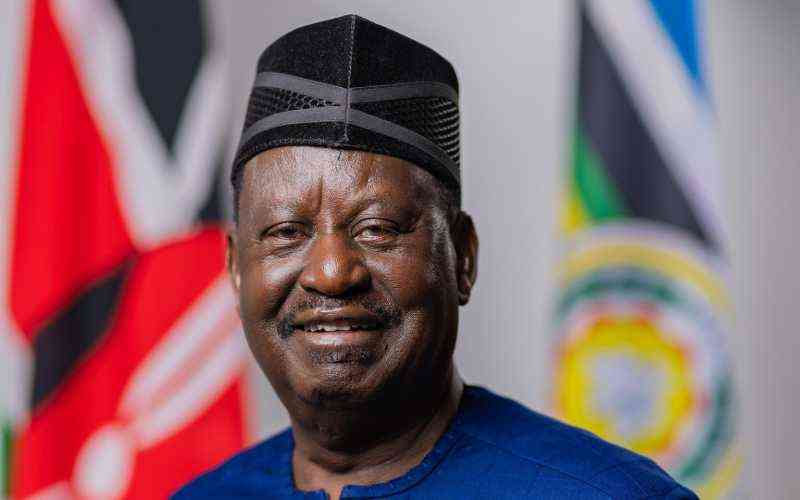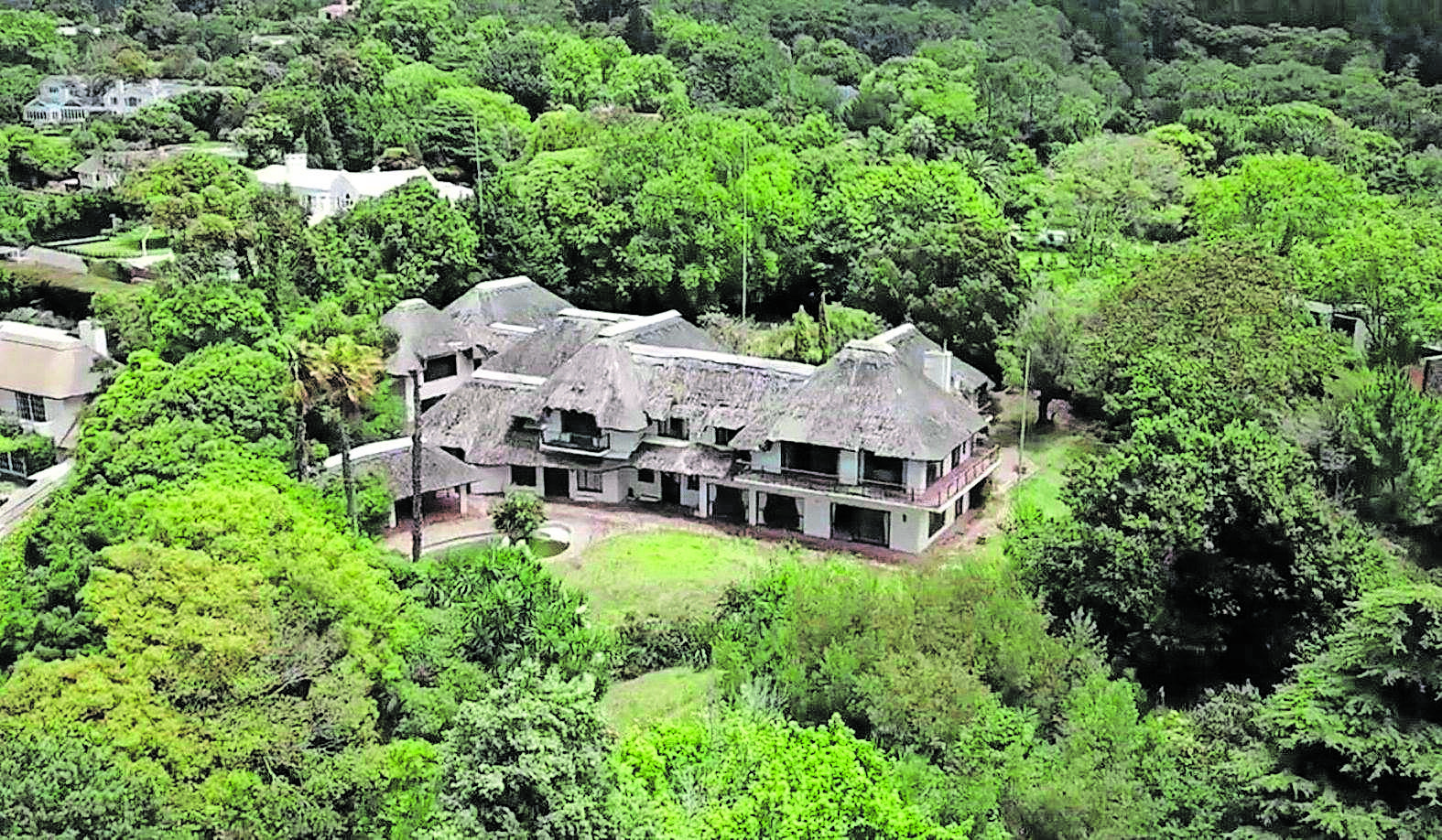‘There can be no doubt that the struggle for human rights is very costly at a personal level and at a family level. But the question is whether you should stop struggling and focus on the narrow interests of your family and yourself. Which is very difficult for one to do, because all my life I’ve been with many of my friends trying to fight for a better society. You find yourself having no choice but to continue and bear the consequences.”
These are the haunting words of the assassinated Swazi lawyer, Thulani Maseko. They are haunting because, at the time he uttered them, he may have thought that, although his fight for human rights in Eswatini was a perilous one, it was not fatal.
And certainly, as perilous as the struggle is, no one could imagine that such a soft-spoken, peaceful man would meet a violent death when cowards opened fire on him in his home on 21 January 2023.
This was exactly two months before our own official commemorative month for past and present struggles for human rights, which culminates in Human Rights Day on 21 March.
Maseko’s training in the tradition of the struggle for human rights included serving in South Africa’s Constitutional Court as a law clerk to the late Chief Justice Pius Langa. The Constitutional Court continues to be the site of so many battles for the fulfilment of human rights, which remain so elusive even though they are codified in one of the most respected constitutions in the world.
Justice Langa’s judgments, which Maseko no doubt contributed to – especially from his perspective as a citizen of the last absolute monarch in the world – added to our understanding of transformative constitutionalism, which he said meant “to heal the wounds of the past and guide us to a better future. For me, this is the core idea of transformative constitutionalism: that we must change”.
Visit Daily Maverick’s home page for more news, analysis and investigations
Constitution Hill is a place that reminds us of that imperative to change.
In the spirit of transformative constitutionalism, which the Constitution mandates, it too is a site that has been transformed from a colonial and apartheid prison into the home of the guardian of the Constitution – the Constitutional Court.
Constitution Hill is an arena for change serving as a platform for active citizenship, from protests to litigation. It is a place defined by human rights activists of the past, such as Mahatma Gandhi, Robert Sobukwe and Winnie Mandela, and activists of today, such as Maseko and his generation.
It is the courage, wisdom and inspiration of these human rights activists that birthed Constitution Hill’s Human Rights Festival in 2019. It was conceived as a space to fully consider the state of our humanity and contemplate all the ways, in the words of Langa, in which we must change in order to transform our world.
What does the history of Constitution Hill, the work of the Constitutional Court, the values of the Constitution and the legacy of brave people like Maseko call on us, the people, to do in this moment?
This year’s festival posits that this human rights legacy calls on us to seize our power and direct it towards making the rights entrenched in the Constitution a reality for all.
There are many organisations operating in our region that are persisting with the fight to make quality education and healthcare, a healthy environment, housing and shelter – and so many other human rights – a reality for all people, but especially the most marginalised among us.
These battles for human rights often end up on Constitution Hill’s doorstep, at the highest court.
The festival provides much-needed space to fully understand, beyond the legalese, the nature of these human stories that often and unfortunately become court cases brought by active citizens who have seized the tools made available by the Constitution to hold state and private power accountable.
It also serves as a reminder of the importance of community and solidarity in the realisation of human rights. Leaders like Maseko did not work alone; they travelled the world to cultivate communities to join their cause, knowing that it takes more than one person to change the oppressive systems that rob us of our naturally endowed rights.
To see this community represented at the Human Rights Festival and showcasing its work is encouraging and galvanising in a world that would have us believe we live in apathetic times when, in fact, so many citizens are putting their shoulders to the wheel of change.
Engagement, art and justice
Each human rights organisation that joins the festival is provided with a stand on Constitution Hill. The public can visit these stands to engage with them, fostering collaboration between these organisations and the people, and also among themselves.
In addition, because the fight for human rights has not been through law or politics alone, but also through creativity, the festival continues another tradition at Constitution Hill. This tradition, of art and justice, has been critical in how many activists have seized their power for the purposes of changing themselves and society.
Art has a long history at Constitution Hill, even when this site operated as a prison. In an exhibition titled Resistance and Resilience in the Number 4 Prison, we hear stories of how the former prisoners used music and art as a form of protest behind prison walls. The use of art by the Constitutional Court today is a continuation of that long tradition of using art and creativity to give heart to once heartless institutions.
The convergence of art and justice on this site is the legacy of struggle icons like Fatima Meer, who was able to cultivate beauty in the most brutal of environments. This beauty is embodied by the drawings she produced while incarcerated.
And whereas justice is used to enforce just rules, policies and laws, art is an opportunity to break the rules of the uninspiring and unimaginative. It creates the opportunity to dream and envision new ways of being.
The festival recognises the criticality of creativity and that is why music, books and poetry are prioritised.
Urgency for rights
This year’s festival comes at a time when people are sensing an urgency to change. It is an urgency to claim our power in order to make the promises of the Constitution real – not just within our borders, but beyond.
It comes in the shadow of Maseko’s assassination. It comes in the shadows of failing infrastructure disproportionately affecting the most impoverished among us.
Amid these tragedies and failures, the festival desires to animate, brighter than ever, the values that Maseko fought for. The festival, and all those who participate, remind us of the work that has been done, but also of what still needs to be done.
A luta continua. DM168
About the festival:
Social justice organisations, NGOs and social movements that wish to exhibit or contribute to programming can email [email protected]
This year’s edition highlights activism and features courageous individuals standing up to powerful forces and demanding change.
The festival provides an opportunity for everyone to meet, learn, debate and persuade.
This story first appeared in our weekly Daily Maverick 168 newspaper, which is available countrywide for R25.
![]()




















Discussion about this post